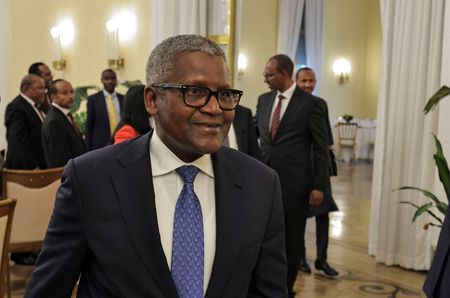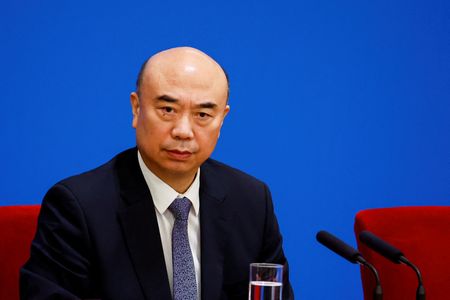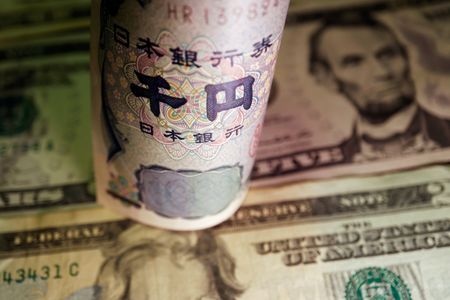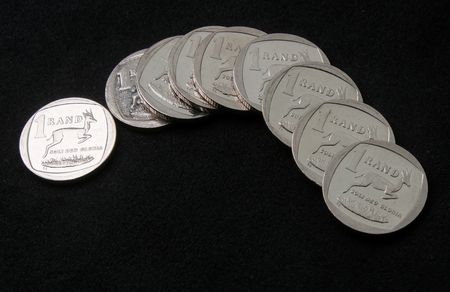CAIRO (Reuters) -Standard Bank Group, Africa’s biggest lender by assets, on Wednesday opened a representative office in Egypt, betting that an economic recovery in the Arab world’s most populous nation and rising intra-African trade will fuel new business.
Speaking at a launch event by the Pyramids of Giza, Chief Executive Sim Tshabalala said the bank was seeing “increased movement of clients, capital and goods between Egypt and Africa”, adding that with African growth around 4.5% and Egypt running higher, “Egypt will push African growth higher.”
The Johannesburg-based group operates in 21 African markets and global hubs including London, New York, Beijing, and Dubai.
Executives said the Cairo office would mainly focus on supporting financing, trade and investment flows for Egyptian corporates and multinationals across the bank’s network.
“It was becoming obvious that Egypt is playing a very important role as a link between the Gulf and the African continent,” Tshabalala told Reuters.
“We need more than suitcase banking — we need a base in Egypt and to work with colleagues in Dubai to serve our clients.”
Luvuyo Masinda, chief executive of corporate and investment banking, said cross-border trade within Africa “is a major part of what we do,” and that a balance sheet built for African risk would help Egyptian companies expand south.
He said that while the Egyptian economy was facing problems of foreign exchange liquidity, inflation, and high interest rates, the bank has been navigating similar issues in other African countries like Zambia and Ghana.
“There are turbulences but there is also recovery on the horizon,” he told Reuters.
Rassem Zok, the bank’s MENA chief, said Egypt anchored a “triangle” with the Gulf and sub-Saharan Africa, building on a two-decade presence in the United Arab Emirates.
The move comes as Cairo’s reform programme and a softer inflation backdrop improve the outlook after two years of currency strain.
For Standard Bank, the push extends a strategy of linking African and Gulf capital flows and follows resilient earnings.
(Reporting by Mohamed Ezz. Editing by Mark Potter)










